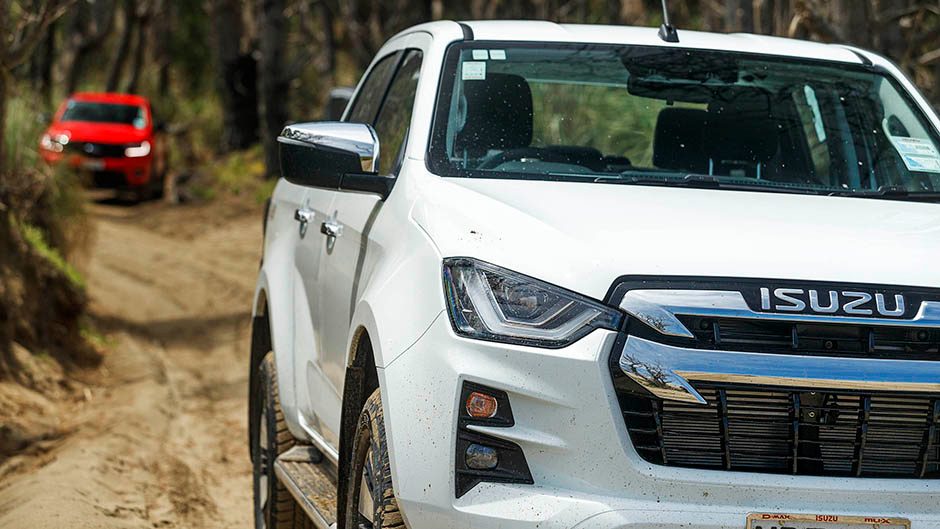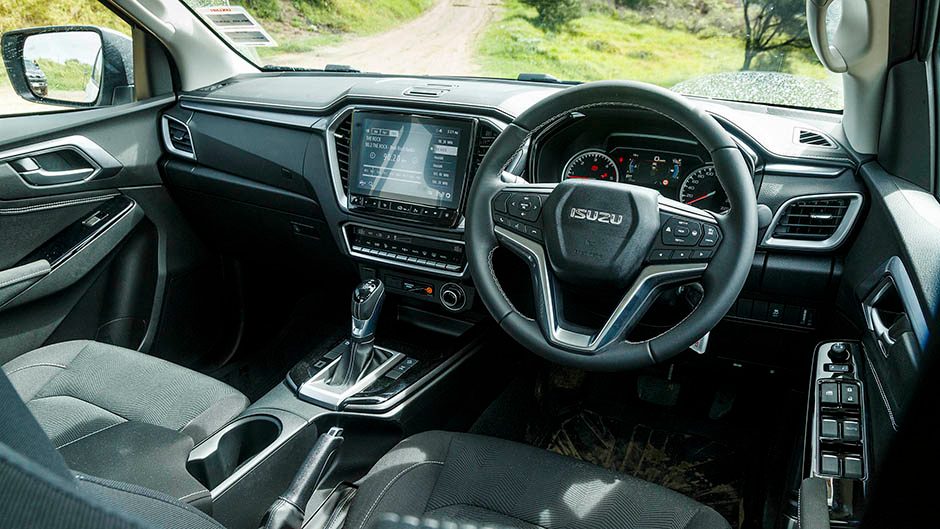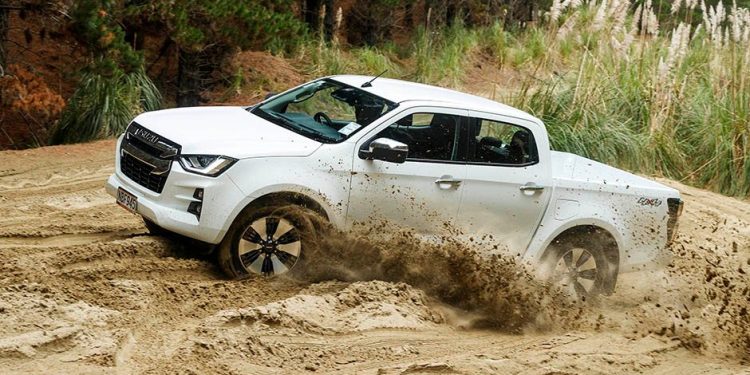Isuzu NZ says it could shut down if Clean Car scheme isn’t changed
Words: Matthew Hansen
The government’s upcoming Clean Car Standard legislation has been one of the hottest motoring topics locally of 2021, with almost all major legacy brands speaking out against the severity of the upcoming emissions targets they will have to meet.
Among the most frequently cited criticisms is that the scheme will result in significant cost for brands. Some have speculated that the move could even see certain brands leave the country, and now one brand has put their hand up to say that it could be them.
The word comes from Isuzu Utes New Zealand via its submission to the government’s Land Transport Amendment Bill, which includes the Clean Car Standard.
“Isuzu Utes is a locally owned family business representing one of world’s leaders in utility vehicles. The implementation of the bill in its current format is likely to lead to the closure of Isuzu Utes New Zealand. The Bill requires a number of urgent changes in order to deliver the intended outcomes,” it said in its submission.
Isuzu’s current local operations have been family owned for more than a decade, and include 35 dealerships around the country. In recent years the firm has yielded steadily improving sales performance from its D-Max ute, which adopted an all-new platform last year.

Isuzu is slated to go fully electric by 2040, but as indicated in the submission the first offerings won’t be launched for a while. “Isuzu Utes has plans for an electrified (Battery or Fuel Cell) variant of the D-Max, while the details of which have not been shared, it definitely won’t be in the market in the next three years.”
In the submission, Isuzu urges the government to follow the Motor Industry Association’s recommended emissions targets, rather than its own current goals. While the likes of Toyota have taken particular issue with the government’s targets for 2027, Isuzu says it’s going to have problems meeting the targets for 2025.
The government’s 2025 target for light commercial vehicles is 155g/km, with the MIA recommending 194g/km instead. This is quite the drop given that the market is starting with a 235g/km target in 2022.
“The targets are so tough that they are not achievable this side of 2030,” Isuzu said. “They reflect little or no understanding of how different the New Zealand market is from Europe. In Europe utes make up less than 3%. In New Zealand that share is currently 23-24%.”

“The impact of this on the emissions profile is massive. Add to this the incredible challenge that automakers have to improve the emissions profile of the utes. The implementation of the bill in its current format is likely to lead to the closure of Isuzu Utes New Zealand,” it adds.
“Isuzu Utes does not have the ability to offset the higher emissions utes with lower emissions variants – they do not exist and will not for the foreseeable future. This means the Clean Car Standard will simply mean a tax on the business, which is not affordable in this competitive market.
“We were very concerned even with revised MIA targets for the 2023 -2025 period, which are tough but much more realistic than those proposed in this bill. Delaying the reductions as per this plan is in line with the recommendations of the Climate Change Commission, and makes sense given the supply chain issues already outlined. The targets are overly ambitious – don’t turn them into a tax take, we may not survive.”
The brand adds that when electric utes start to come into the market, they’re unlikely to cost less than $80,000, meaning they won’t be eligible for the current $8,625 Clean Car Discount granted to new EVs.
“There needs to be a program to support the uptake of low emissions commercial vehicles – the current $80,000 cap for assistance in the Clean Car Discount doesn’t come close to being useful.”





